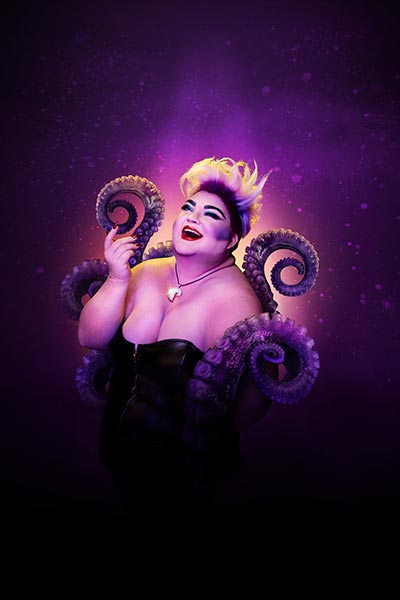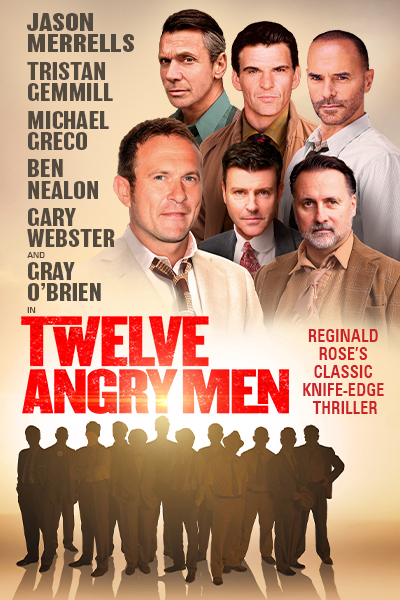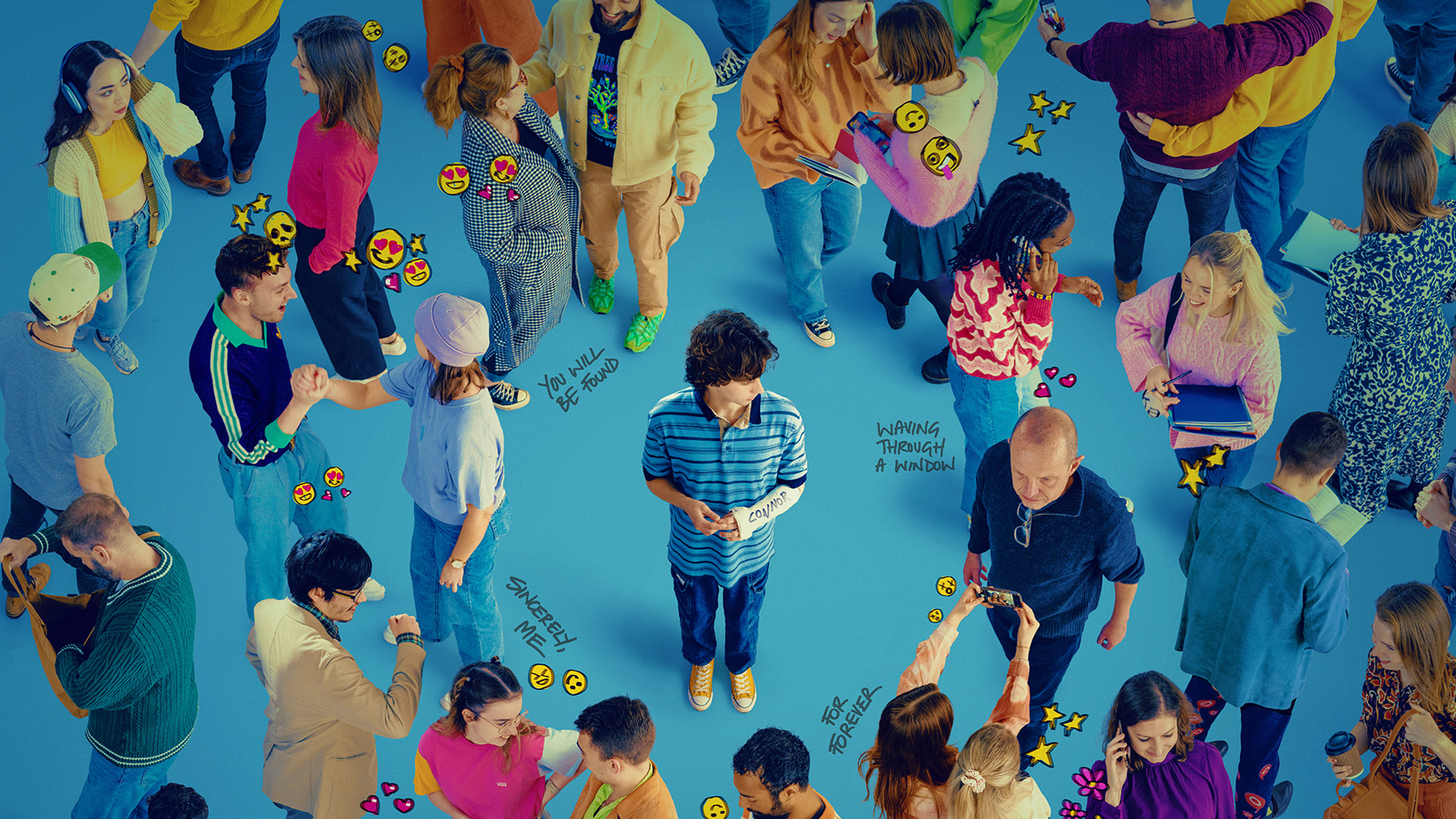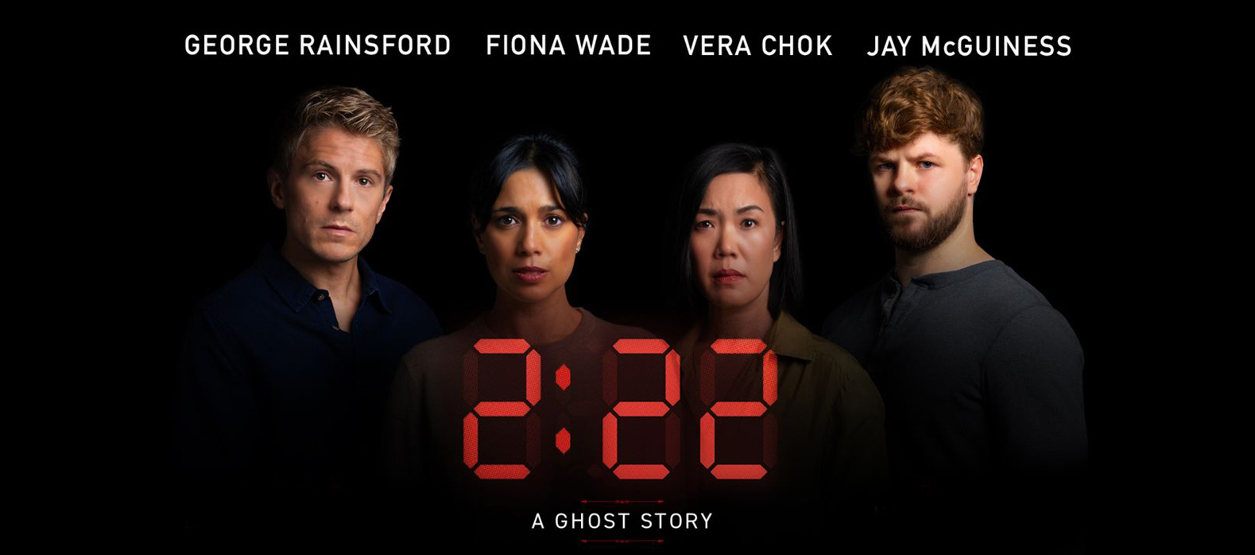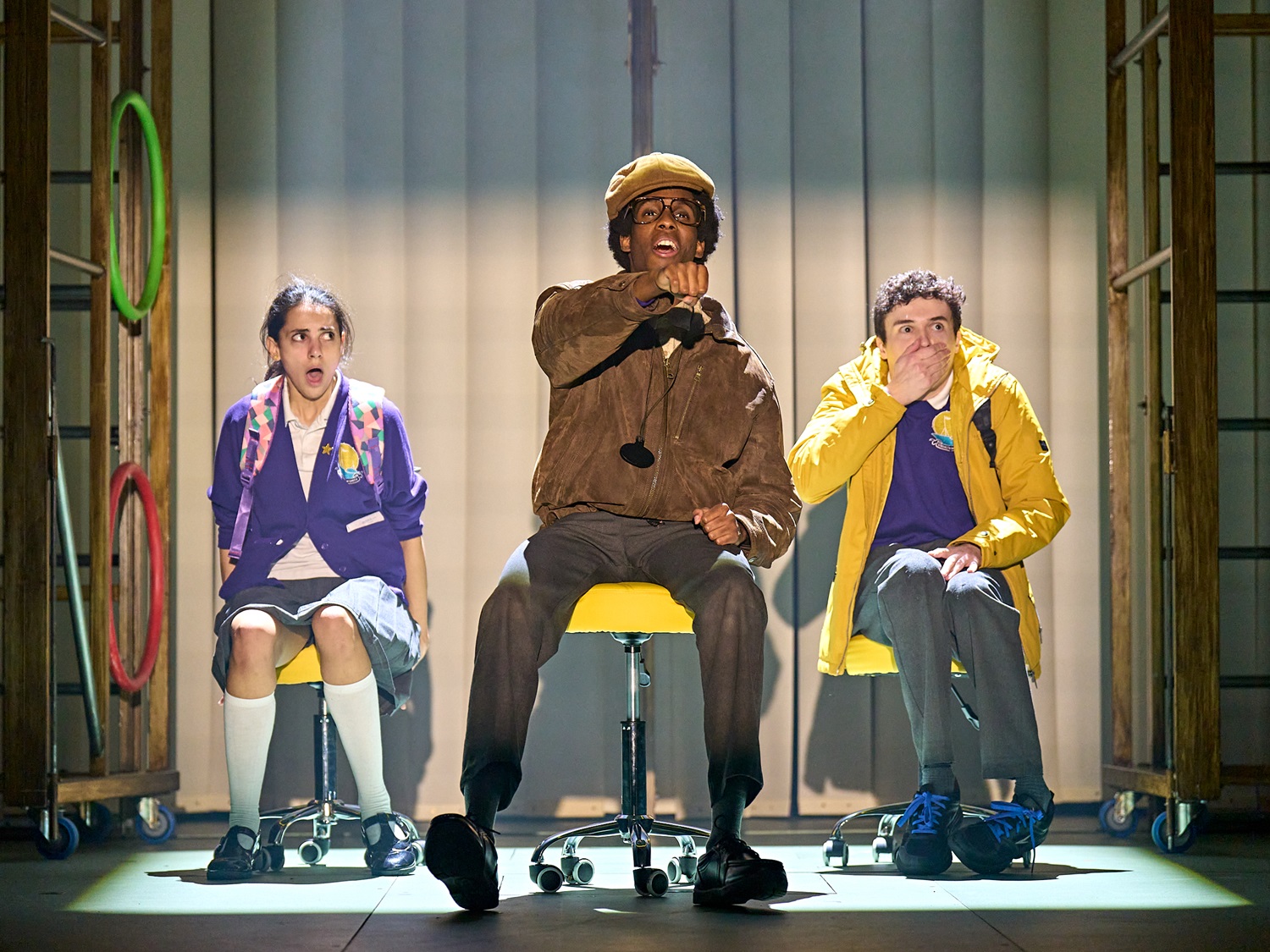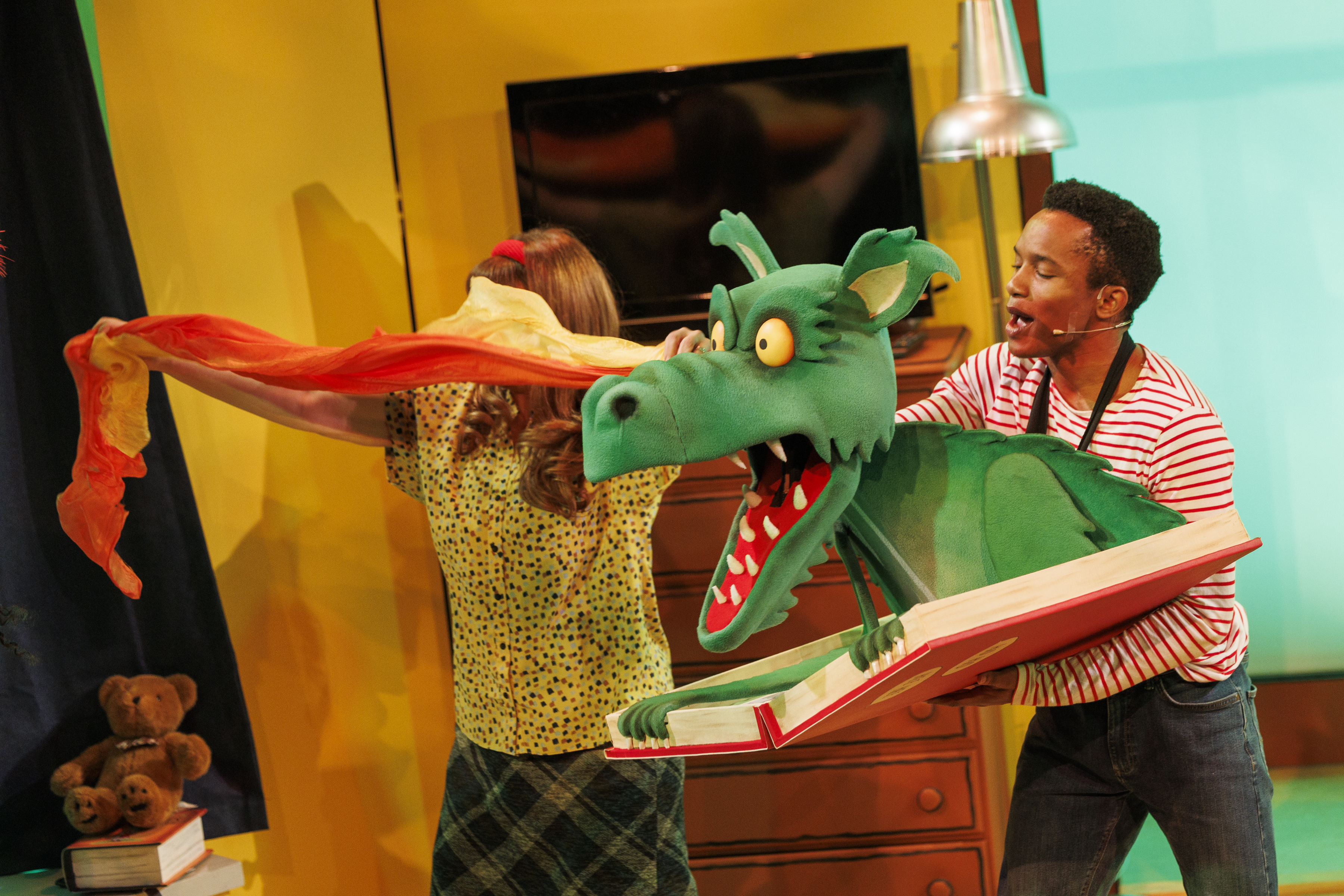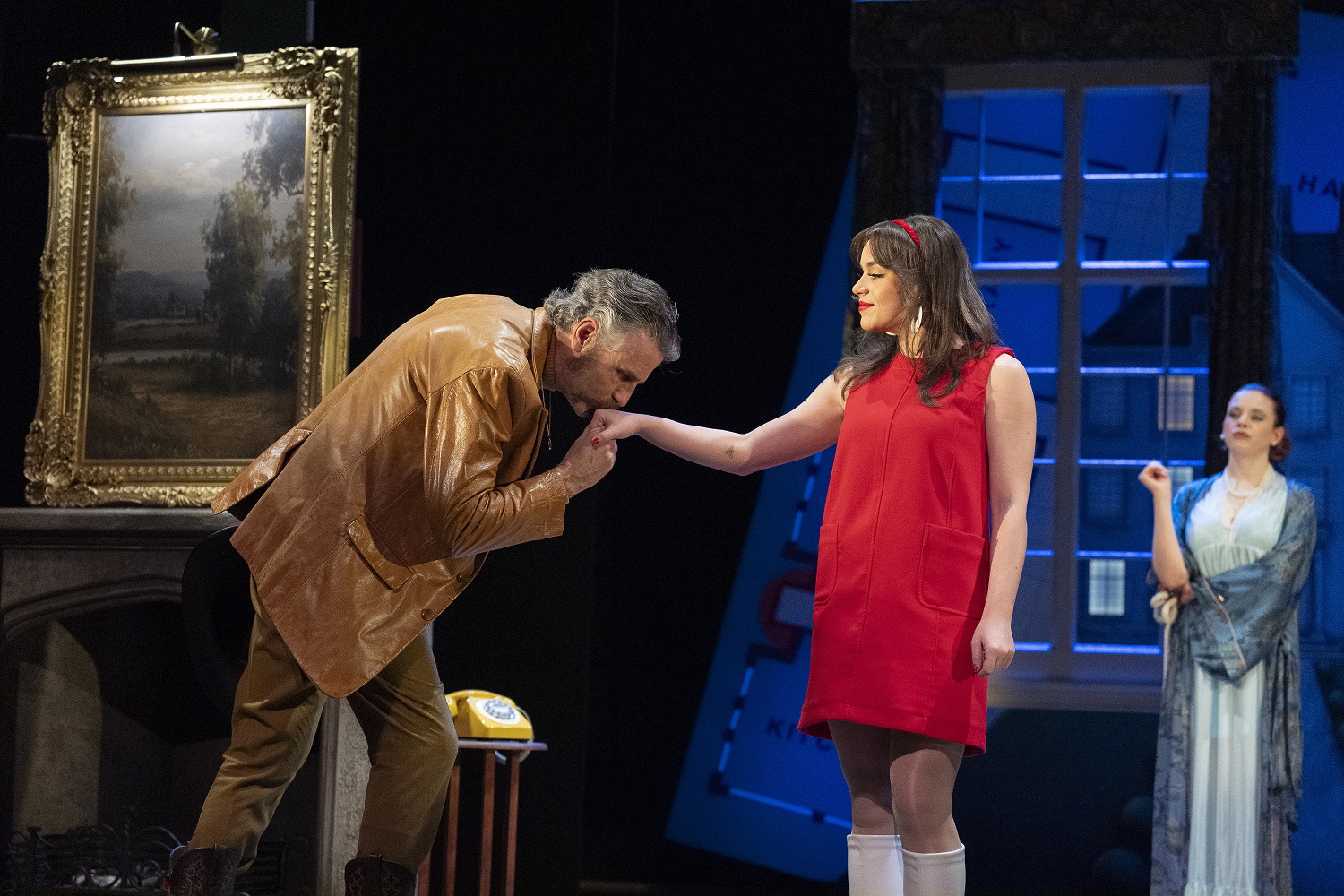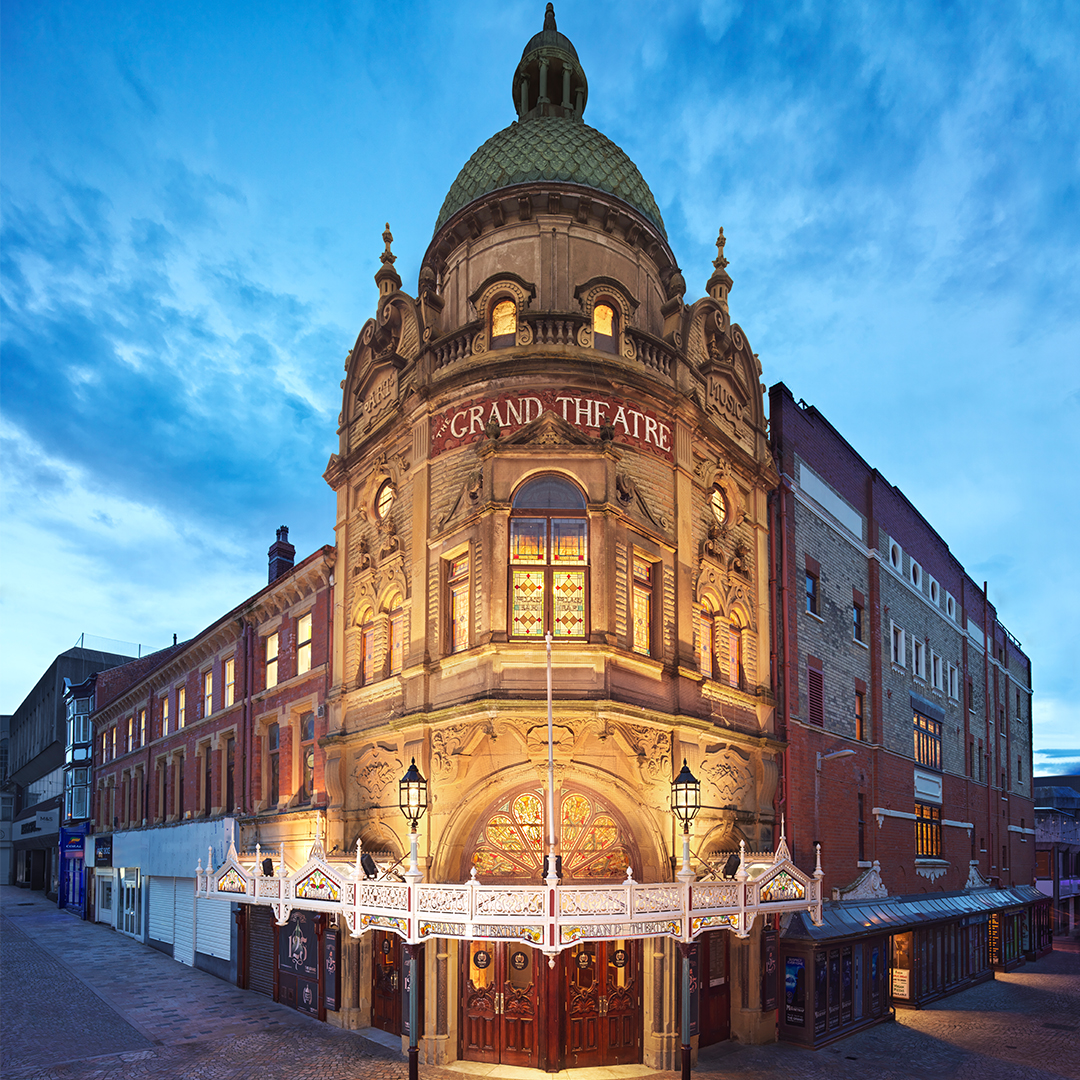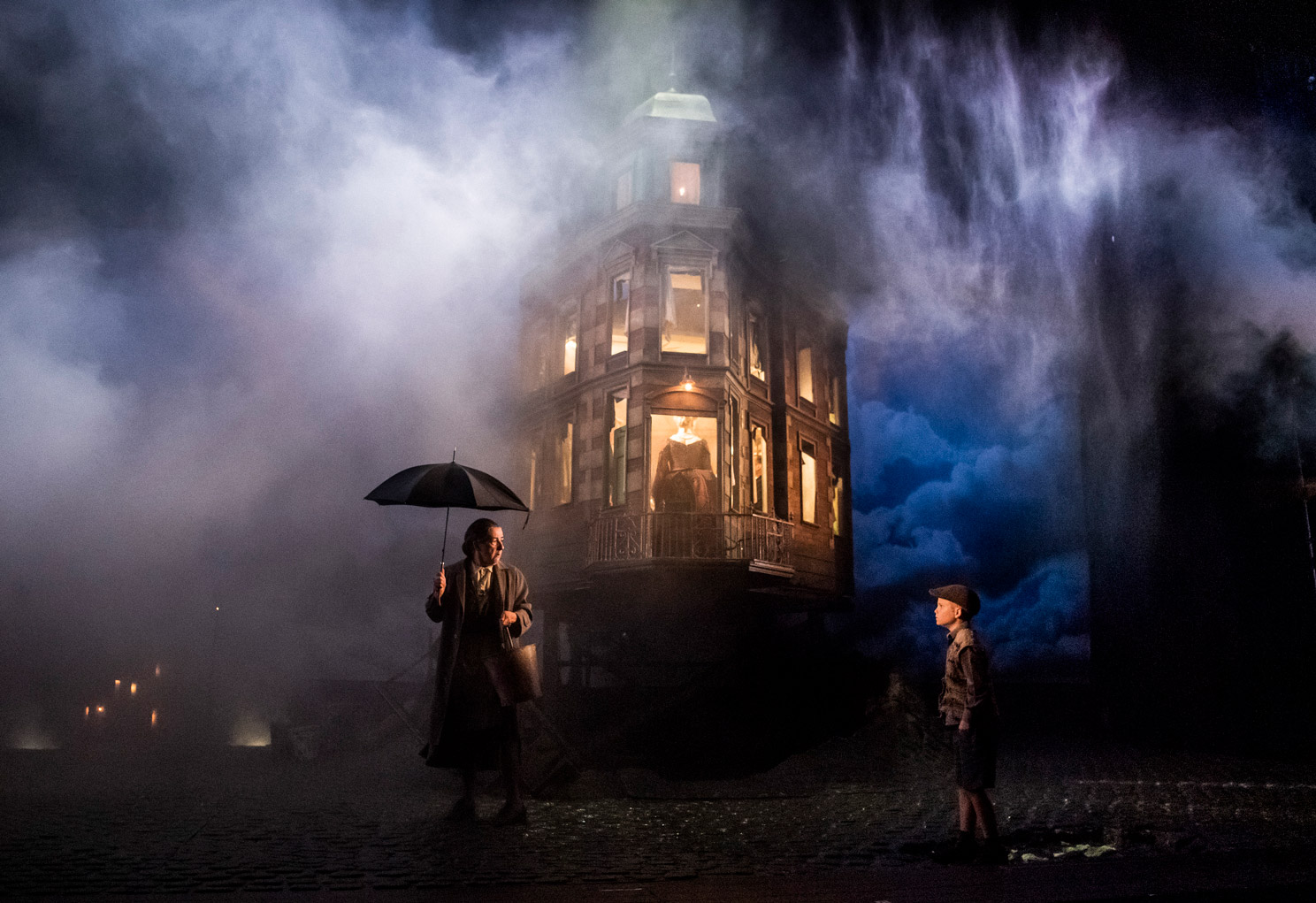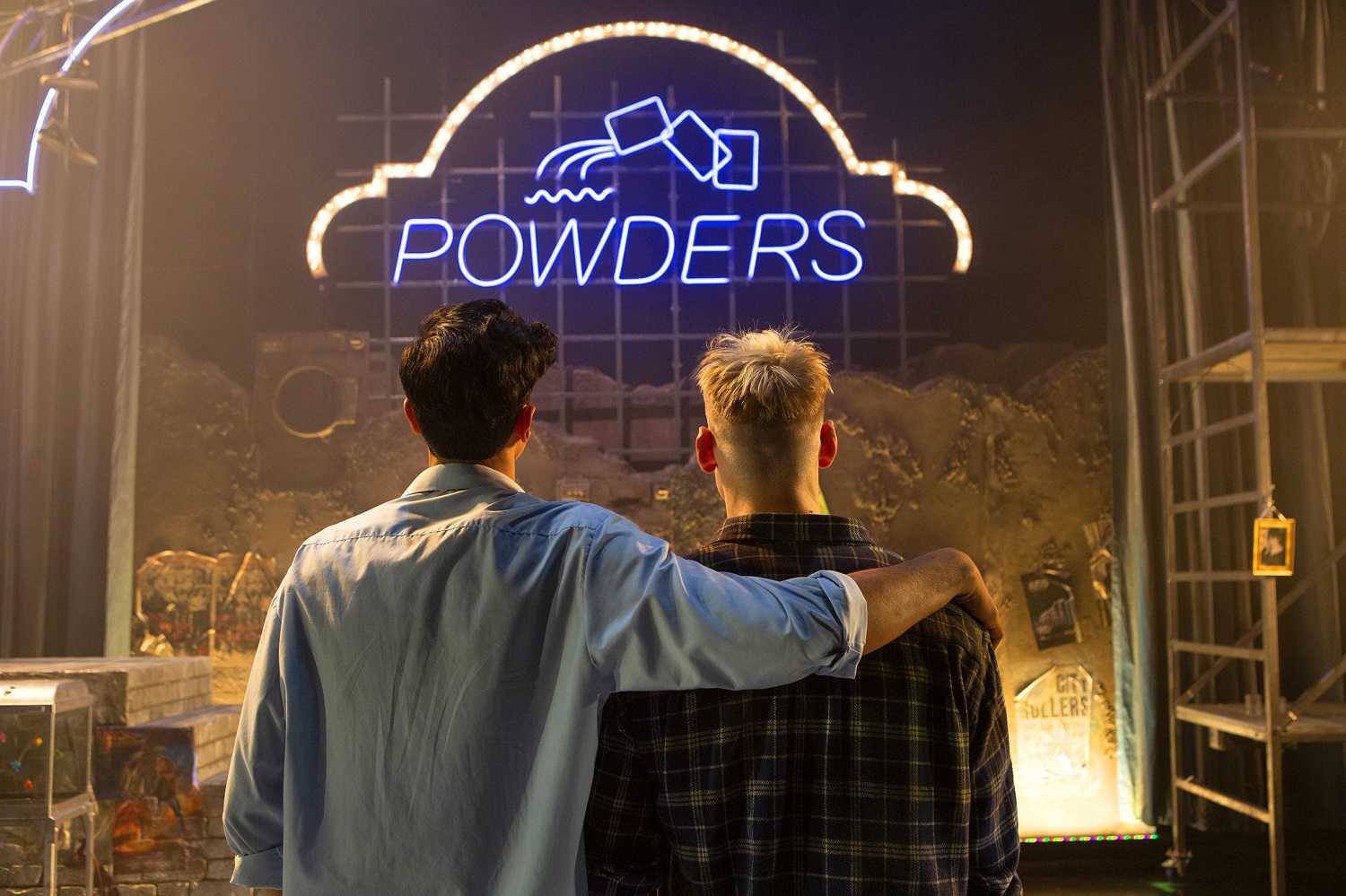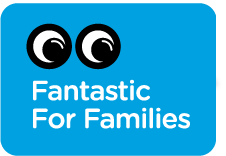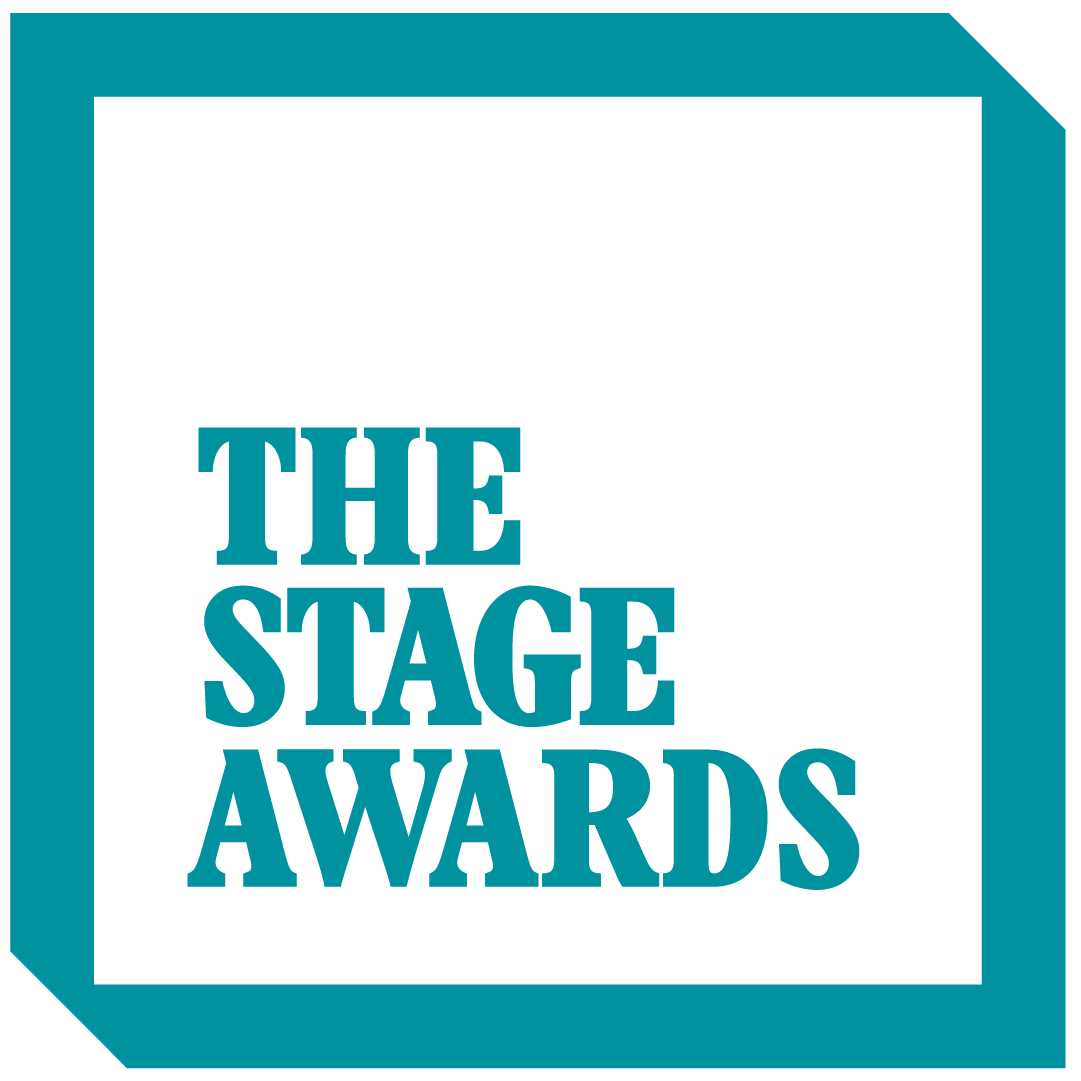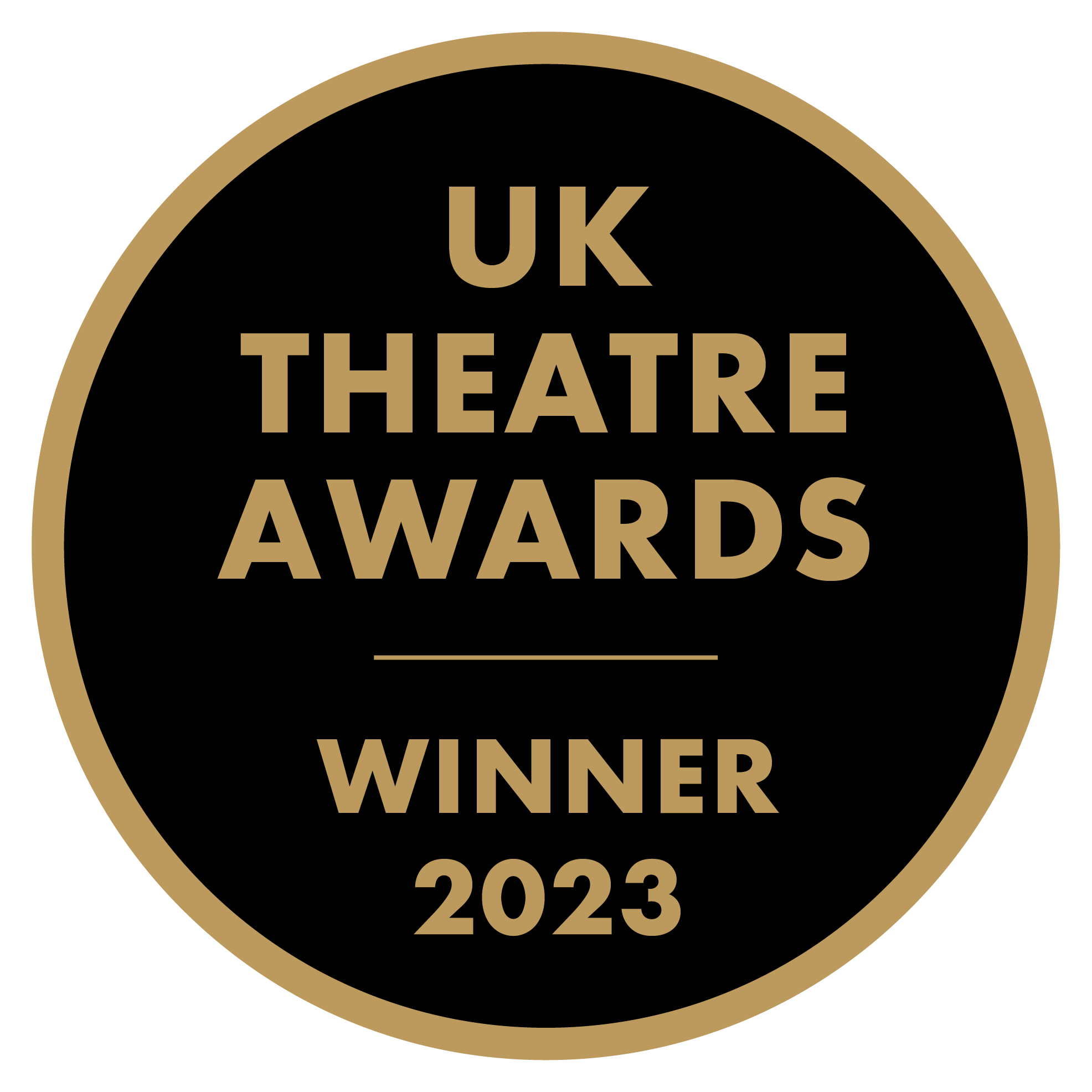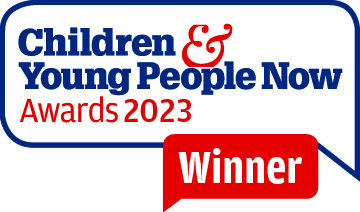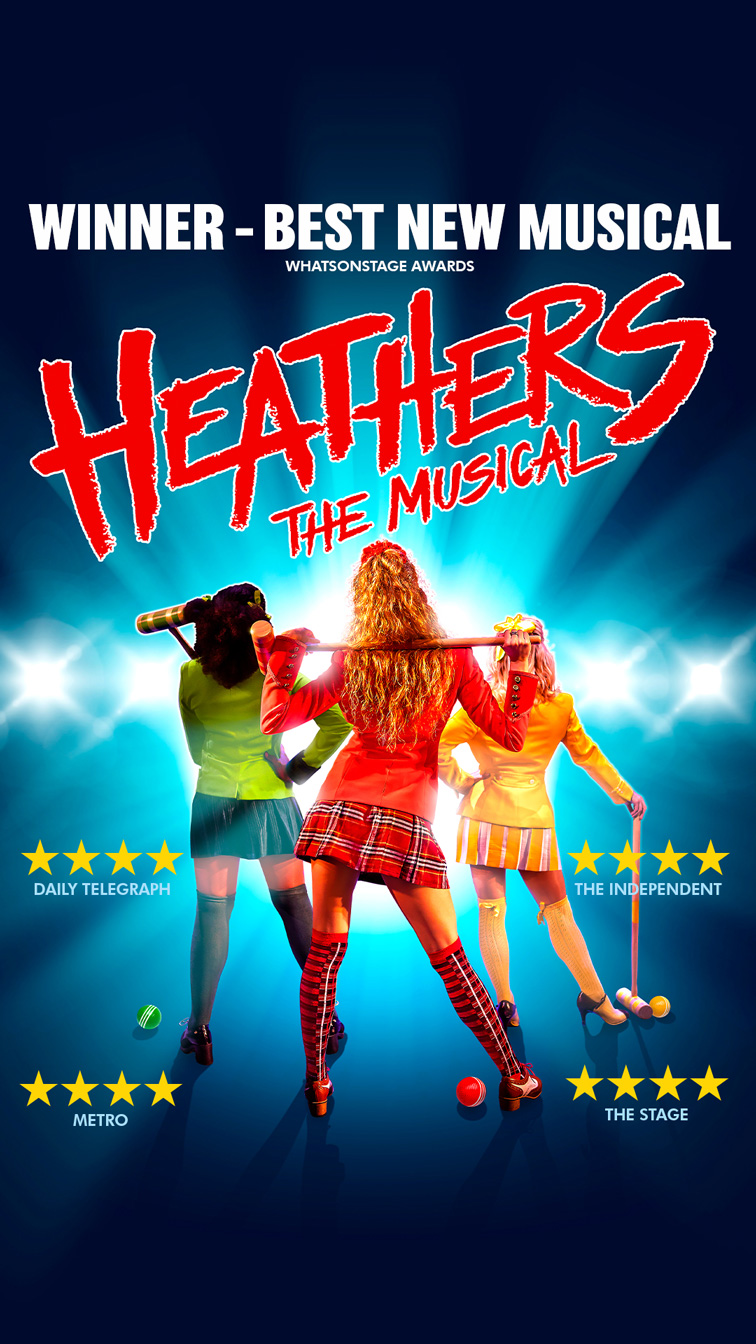

Dr Jekyll and Mr Hyde, Phil Daniels
7.8 min read
Share
We managed to catch up with star of Dr Jekyll and Mr Hyde, Phil Daniels.
Phil Daniels extensive and varied credits include Jimmy Cooper in Quadrophenia, Richards in Scum and Kevin Wicks in EastEnders. He has worked with the RSC and National Theatre and has appeared on stage in productions as diverse as Les Misérables and This House.
Dr Jekyll and Mr Hyde is directed by Kate Saxon, designed by Simon Higlett and adapted by Tony award-winning playwright David Edgar.
How would you describe this version on the classic story? It’s set in Victorian London so it’s traditional in that respect and it’s quite close in many respects to the book as well, but it delves into Dr Jekyll’s personal life a bit more. There are more female characters in it, like his sister, and it explores how his father – who started the experiment which Dr Jekyll continues – was never very nice to him in his lifetime.
What’s your take on the dual characters of Dr Jekyll and Mr Hyde? When I first spoke to Jenny King [the show’s producer and creator of the Touring Consortium Theatre Company] about Jekyll and Hyde I was interested in the way sometimes when people have a drink they become different people. You know, they can be as good as gold one day but as soon as they’ve had a drink they become snarling animals. I was interested in that and approaching the characters from a point of view that, even though there is a liquid that Jekyll does take that turns him into this monster or which exposes the darker side of his personality, that darker side is in him already. He just releases it.
What are the challenges for you as an actor? It’s about making it as real as possible – that there are two aspects of his personality and not just a crazed animal that’s come out of nowhere. It’s about finding out why Dr Jekyll is also Edward Hyde. What I don’t want to do is make Hyde just evil, I want the audience to make their own mind up about who’s the worst out of the two of them or who’s the best, which facets of each character they like or appreciate and which facets they don’t. That’s the challenge – to make them both credible people. One might be a villain and one might commit a murder but it’s because of the other one’s personality that he does it.
Why do you feel theatre audiences love a good stage thriller? If there’s a story that captures your imagination and has a beginning, a middle and an end, where something might happen or might not happen, it’s quite thrilling. The Jekyll and Hyde story is just one of those stories that’s always caught people’s imaginations. I don’t know how many pages the book is; I think it’s only about 60 pages long, it’s very slim. It’s a tiny book that has lead to an industry of people making films, musicals, plays, other books, writing about it and analysing it. It’s very popular and understandably so.
What twists does David Edgar’s play spin on the well-known story? He gets at the heart of the story. He tries to give a reason for Jekyll and Hyde’s breakdown, where Jekyll’s father gives him no credit but he gives the daughter credit instead. There’s a secret in the past between the sister and the brother that’s quite violent so it’s not just Hyde who’s the violent one, there’s something violent in Jekyll as well. That’s what’s interesting about Edgar’s script; he gets deep into that. Plus with characters like Lanyon and Utterson there’s a debate going on within the play about Victorian England, how the poor are being treated and whether it’s because of society that people do bad things or because of the binary system of our personalities.
Have you done any research into the Victorian era? If so, what have you been most interested to learn? It’s interesting that medicine was at a stage where they started to think anything was possible. Great leaps forward were happening and to be involved in that as a doctor would have been something someone like Dr Jekyll would have relished. I think part of his motivation for continuing these experiments and to write papers about them is to gain notoriety in medical circles. Maybe he’s just an ordinary doctor who is trying to push his way into being famous.
Are there themes in the story that will resonate with contemporary audiences? Hopefully I can make Jekyll and Hyde resonate today. It’s very much set in Victorian times but it’s interesting that there are more poorer people, although hopefully we look after our poor, ill and mentally disturbed people a lot better than they did in those days.
You’ve had such a long and varied career. Which roles are you most recognised for? Mainly it’s because of Quadrophenia, which has become a cult film over the years. I get a little bit of EastEnders but not so much. [Laughs] It depends on which supermarket you go to; it happens more in Lidl than Marks and Spencer’s but there you go.
With a role like this do you enjoy disappearing into a character? It’s quite a leap for me because I’m playing Jekyll as a posh Edinburgh doctor and Hyde as a Glaswegian. I’m burying myself in all that, but it’s enjoyable getting deep into characters. You have to put the work in. [Laughs] Although I don’t get deep enough to go around murdering people, of course.
Are you more Jekyll or Hyde? Or a bit of both? I think there’s a little bit of me in both of them. There’s a bit of snobbery in Hyde and a bit of swagger in Jekyll but also a bit of swagger in Hyde too. It’s the same with all of us I suppose.
What are you most looking forward to about touring with the show? I’ve never really done a tour before. I’ve done shows in Chichester and Bristol and other places, but this is my first proper tour and I’m really looking forward to it. I’m looking forward to doing the show in a different environment week in, week out. It’ll be fun, I think, and I look forward to the camaraderie of being in a touring company. It’s quite an adventure for me.
How important is the work of the Touring Consortium Theatre Company in serving both younger and established audiences around the country? It’s really important. It’s difficult to attract younger audiences because theatre is very expensive. The ‘silver pound’ can afford it so older audiences go to the theatre more, which means theatre often caters to them. The Touring Consortium Theatre Company is doing great work in, for example, finding plays and books that are on exam syllabuses to attract more kids in. Live theatre is really important. Kids go to gigs but it’d be nice to make theatre something they go to more too.
Is there anything you especially enjoy about doing theatre as opposed to film and TV? I like it because you work on the whole piece at once – with a director, with a company, you learn it all, then you’ve got to do two hours or however long the play is without stopping, with no director telling you what to do there and then. That’s the discipline and the skill, to be able to learn how to get the audience to enjoy themselves for an hour and a half or two hours.
Do you still get nervous? I do, yes. The fear never goes away. I still have that dream where I’m doing a play and I don’t know what the words are. But I think nerves are good because they mean you care about what you’re doing.
One of the stops on the tour is Blackpool Grand. Does it have any significance for you? I’ve never worked in Blackpool but when I was filming in Bolton I’d sometimes go there at weekends to have a look around and wander up and down the promenade. Did you also know Phil Daniels sang on the original recording of British band Blur‘s single “Parklife”. Daniels is a big fan of Chelsea Football Club from London and has performed on stage wearing his beloved Chelsea team shirt whilst singing with the British band Blur along with Damon Albarn, who is also a fan of the team. Daniels has an un-credited role in Bugsy Malone (1976) as a waiter who spills spaghetti.
Phil Daniels is also one of 21 EastEnders (1985) actors to compete in Strictly Come Dancing (2004). The others, in chronological order, are Christopher Parker (Spencer Moon), Jill Halfpenny (Kate Mitchell), Patsy Palmer (Bianca Jackson), Louisa Lytton (Ruby Allen), Letitia Dean (Sharon Rickman), Matt Di Angelo (Deano Wicks), Gillian Taylforth (Kathy Mitchell), Jessie Wallace(Kat Moon), Zöe Lucker (Vanessa Gold), Ricky Groves (Garry Hobbs), Natalie Cassidy(Sonia Fowler), Jimi Mistry (Fred Fonesca), Scott Maslen (Jack Branning), Kara Tointon(Dawn Swann), Anita Dobson (Angie Watts) Sid Owen (Ricky Butcher), Jake Wood (Max Branning), Kellie Bright (Linda Carter), Tameka Empson (Kim Fox-Hubbard) and Davood Ghadami (Kush Kazemi).
Catch Phil Daniels in Dr Jekyll and Mr Hyde this 27-31 March – To book tickets call 01253 290190 or book online.
Enjoyed this Interview with Phil Daniels, read another story you might be interested in ROBERT LOUIS STEVENSON: 10 STRANGE FACTS ABOUT JEKYLL AND HYDE AUTHOR.
Discover more about Touring Consortium Theatre Company
